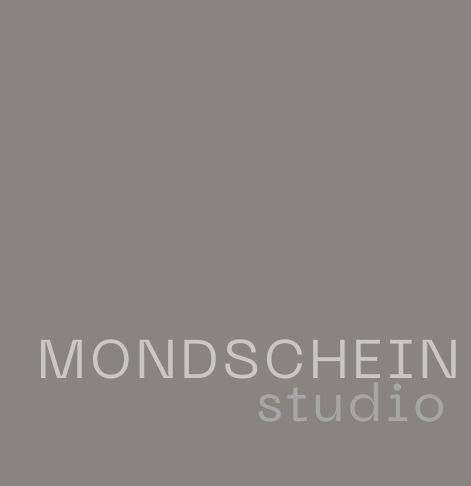Johann Sebastian Bach

Johann Sebastian Bach, born in Eisenach, Germany, in 1685, was a towering figure of the Baroque era, whose musical genius left an indelible mark on Western classical music. His life, though relatively uneventful in terms of worldly fame, was dedicated to his craft, serving as a church organist, court musician, and Kapellmeister. During a time of intricate polyphony and religious devotion, Bach produced an immense body of work that showcased his unparalleled mastery of counterpoint and his profound understanding of musical form. His dedication to his craft, combined with his deep religious faith, drove him to create music of extraordinary complexity and beauty.
Bach's musical influences were rooted in the rich traditions of German Baroque music. He studied the works of earlier masters like Dietrich Buxtehude and Johann Pachelbel, absorbing their techniques and refining them with his own unique vision. He was also influenced by the Italian concerto style, particularly the works of Antonio Vivaldi. In turn, Bach's music became a cornerstone for future composers. His mastery of counterpoint and harmonic structure influenced generations, from Mozart and Beethoven to later composers like Brahms and Mendelssohn. His organ works, in particular, set a standard for technical brilliance and expressive depth that continues to inspire musicians today.
Bach's compositional style is characterised by its intricate counterpoint, rich harmonies, and profound emotional depth. He excelled in a variety of musical forms, including fugues, chorale preludes, concertos, and cantatas. His music is marked by its intellectual rigor and its spiritual intensity. He was a master of improvisation and a skilled organist, and his works often reflect his deep understanding of the instrument's capabilities. His music is known for its mathematical precision and its profound emotional and spiritual depth.
Here are some of Bach's major works:
Orchestral Works
- Brandenburg Concertos (BWV 1046-1051)
- Orchestral Suites (BWV 1066-1069)
Keyboard Works
- The Well-Tempered Clavier (BWV 846-893)
- Goldberg Variations (BWV 988)
- Toccata and Fugue in D minor (BWV 565)
- Italian Concerto (BWV 971)
Vocal Works
- St. Matthew Passion (BWV 244)
- St. John Passion (BWV 245)
- Mass in B minor (BWV 232)
- Cantatas (numerous, including "Jesu, Joy of Man's Desiring" from BWV 147)
Organ Works
- Passacaglia and Fugue in C minor (BWV 582)
- Various Chorale Preludes
